The tech industry has been central to progress as we are on the verge of the fourth industrial revolution. Besides smartphones, other technological advancements have increased the operational efficiency of businesses in general. By leveraging this unprecedented opportunity, businesses have an invaluable platform through which efficiency and success are more likely than ever before.
As Jeanne W Ross has so deftly put it – ‘It’s not just about what tech does; rather it’s about what you do because of the presence of tech’. This puts us at an amazing crossroads between technological advancements and human potential.
Let’s embrace the future of business operations as global spending on services, technologies and logistics that enable digital transformation is projected to reach a substantial figure of $84.6 billion by 2027.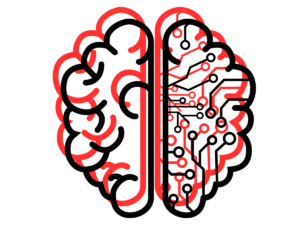
Artificial Intelligence (AI) and Machine Learning (ML)
As you already know, artificial intelligence and machine learning are leading the business transformation effort. With literally no limit, this technology has the power to transform businesses quickly and cost-effectively. Businesses across the world are already enjoying process automation, enhanced data insights, interactive chatbots, innovations and enhanced customer experience.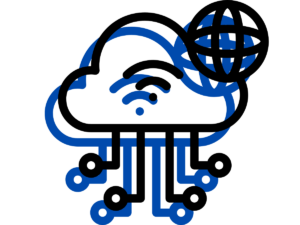
Cloud Computing
This is another latest technological trend that drives digital transformation. Since its inception, cloud computing has become popular as it enables businesses to access their data anytime and from any place. Cloud computing also brings scalability and cost-effectiveness for businesses in different industries.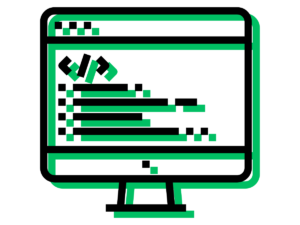
Low-code/no-code platforms
Low-code/no-code platforms are a great addition to the latest technology stack. Businesses can now build scalable, robust and enterprise-grade applications without the need for manual coding. This not only saves costs for businesses but also makes it faster to launch any new features. Low-code/no-code solutions offer an intuitive & easy-to-use interface, drag-and-drop feature and hundreds of pre-built components that are customizable. By leveraging this technology, non-technical users can build applications effortlessly.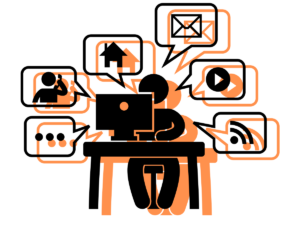
Internet of Things (IoT) and Edge Computing
IoT has a real-time data collection ability by connecting multiple devices at a time. Edge computing, on the other hand, processes data at the source without sending it to the cloud. Both these technologies work like a perfect duo that facilitates digital transformation for businesses. A well-known example of IoT is a smart home. All devices inside a smart home are interconnected by leveraging IoT networks and edge computing. The result is enhanced productivity, more safety and cost savings.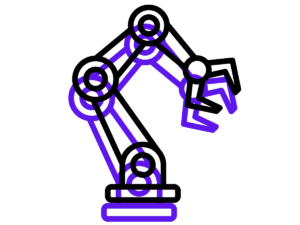
Robotic Process Automation (RPA)
RPA plays a pivotal role in transforming traditional business processes into streamlined operations. RPA eliminates human intervention from repetitive tasks and it can be applied in many verticals—logistics, manufacturing and healthcare industries being more prominent. Through RPA, businesses can multiply production capacity, increase workplace safety, save costs while achieving scalability and flexibility.
Wrapping up
As a business manager or owner, embarking on this technological journey will bring multiple benefits. Moving forward, businesses of different sizes and domains will adopt these technologies gradually. Staying up to date with this technological trend will give you an edge over competitors.

